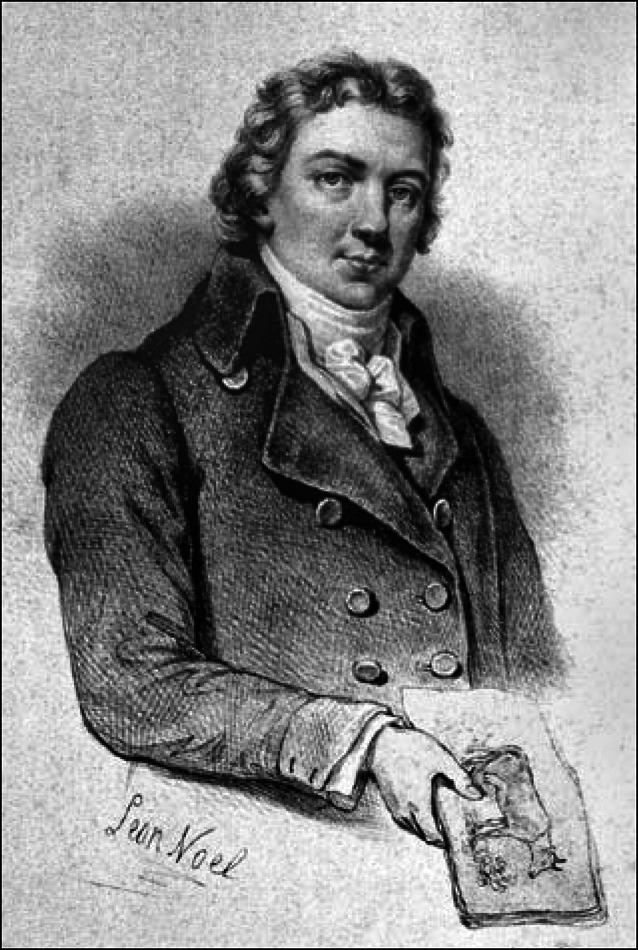Edward Jenner contribution to microbiology is one of the greatest contributions in the history of Medicine. Edward Jenner is widely recognized as the Father of Immunology for his greatest discovery of the smallpox vaccine, and his work continues to have a profound impact on global health to this day. He was English Physician and Scientist and is best known for the discovery of the first vaccine. That was the vaccine against smallpox disease that he developed from another disease called cowpox
Table of Contents
Edward Jenner Early Life

Edward Jenner was born on May 17, 1749, in Gloucestershire, England. During his early school years, Jenner developed a strong interest in science and nature that continued throughout his life.
At the age of 14, Jenner was apprenticed to a local surgeon, where he learned about anatomy and surgery. After completing his apprenticeship, he went on to study at St. George’s Hospital in London. He then returned to Berkeley, where he began practicing medicine.
Jenner was a gifted physician and quickly established a reputation for his compassionate and effective treatments. He was also interested in natural history and spent much of his free time exploring the countryside, observing and collecting specimens of plants, insects, and birds.
Edward Jenner contribution to microbiology
Edward Jenner greatest contribution to the field of Microbiological science in his discovery of immunity against smallpox conferred by comparatively mild cowpox from which he developed the procedure called vaccination (Vacca-a-cow)
- He is indirectly responsible for introducing the new concept of preventive medicine. He is often called the father of Immunology. His work saves more lives than many
- Jenner’s most significant contribution to the field of microbiology was his discovery of the concept of vaccination. At the time, smallpox was a highly contagious and often fatal disease that affected millions of people all around the world.
- Jenner had heard that milkmaids who contracted cowpox, a milder form of the disease, did not get smallpox. He theorized that cowpox protected people from smallpox, and he decided to test his theory by injecting a young boy with cowpox.
- On May 14, 1796, Jenner conducted his famous experiment. He took material from a cowpox blister on the arm of a milkmaid and used it to inoculate a young boy. A few weeks later, Jenner exposed the boy to smallpox, and he did not get sick. This was the first documented case of a person being protected from smallpox by cowpox, and it marked the beginning of the science of vaccinology.
- Jenner’s discovery of vaccination was a turning point in the fight against smallpox. He showed that it was possible to protect people from the disease without exposing them to its potentially fatal effects. This paved the way for the development of other vaccines, including those for polio, measles, and rubella
Awards and Honors
- Oxford gives honoury degree, the Czar of Russia gives a gold ring
- Jenner’s work was quickly recognized and appreciated by his contemporaries. He was awarded numerous honors, including the prestigious Copley Medal from the Royal Society. He was also appointed as the physician to Queen Charlotte and was granted a pension by the government for his services to science.
Edward Jenner Legacy
Today, Jenner’s legacy continues to have a profound impact on global health. The smallpox vaccine, which was based on his work, is credited with saving millions of lives, and it remains one of the most successful public health interventions in history. The World Health Organization launched a global smallpox eradication program in 1967, and by 1980, the disease had been eradicated from the world.
Conclusion
Edward Jenner was a visionary physician and a pioneer in the field of vaccinology. His innovative approach to medicine and his determination to find a solution to the problem of smallpox helped to change the course of history and has had a lasting impact on global health. Edward Jenner contribution to microbiology remains a testament to the power of scientific inquiry and the importance of
References
- https://www.ncbi.nlm.nih.gov/pmc/articles/PMC1200696/
- https://www.japi.org/s284e4/edward-jenner-father-of-immunology
Frequently Asked Questions (FAQs)
What was Jenner’s famous experiment?
On May 14, 1796, Jenner conducted his famous experiment. He took material from a cowpox blister on the arm of a milkmaid and used it to inoculate a young boy. A few weeks later, Jenner exposed the boy to smallpox, and he did not get sick. This was the first documented case of a person being protected from smallpox by cowpox.
How did Edward Jenner contribute to microbiology?
Jenner’s contribution to the field of microbiology was his discovery of the concept of vaccination. He showed that it was possible to protect people from smallpox without exposing them to its potentially fatal effects. This paved the way for the development of other vaccines, including those for polio, measles, and rubella
Why Edward Jenner is called the father of immunology?
Edward Jenner was the first person to discover the smallpox vaccine that eradicates the smallpox disease and his works saves many lives than more that’s why he is called the father of Microbiology
What was Jenner’s theory about cowpox and smallpox?
Jenner had heard that milkmaids who contracted cowpox, a milder form of the disease, did not get smallpox. He theorized that cowpox protected people from smallpox.
